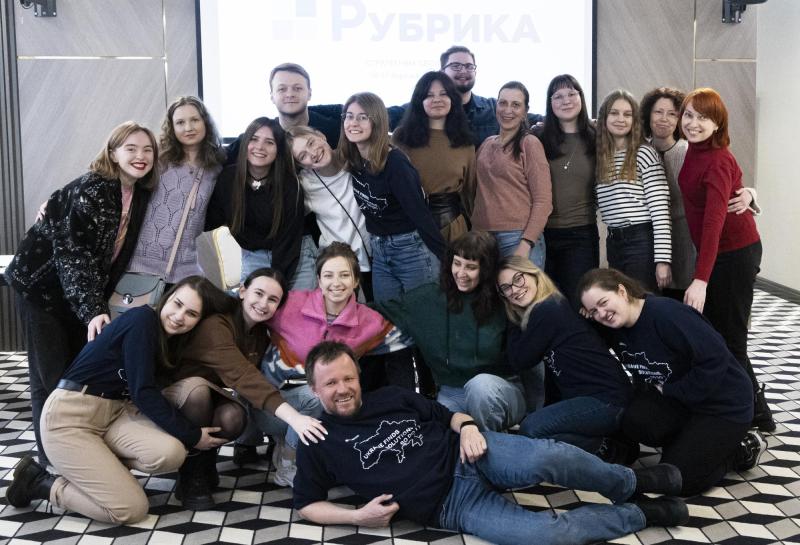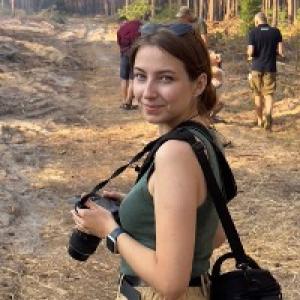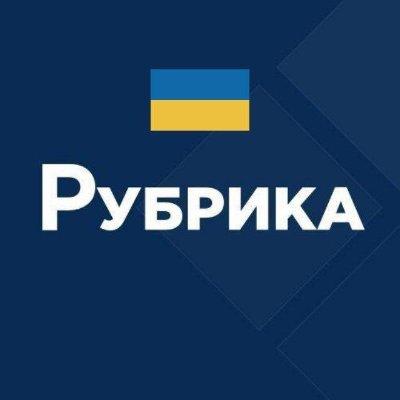The initiative is currently supporting ten regional media outlets through intensive training and hands-on investigative work.
Led by Rubryka through its environmental platform, EcoRubryka, in partnership with the Recovery Window Media Network, the project has launched with an open call, which will be followed by a series of four online training sessions. These sessions with participating media outlets based across different regions of Ukraine focused on investigative methodologies, OSINT tools, environmental data analysis, and solutions journalism—providing participants with the skills to craft impactful, evidence-based stories grounded in local realities. .
A total of 52 participants registered for this programme, and 47 completed the full course, June 16 - June 19. The sessions proved highly effective, combining theory with practical assignments and tools relevant to environmental journalism in Ukraine’s recovery context. The practical curriculum incorporated OSINT techniques, expert sourcing, and other investigative tools, while homework assignments were used to reinforce participants’ learning between sessions.
Attendees engaged actively throughout the sessions, posing questions, seeking clarification from the trainer, and contributing story ideas grounded in their local contexts. One example came from a journalist who drew attention to the rapid decline of wild hamster populations in Ukraine and across Europe—an ecological concern with wider environmental implications and strong potential as a subject for coverage.
Feedback gathered from all four sessions indicated that participants gained fresh insights, practical tools, and new perspectives. Many expressed an intention to integrate these approaches into their professional work. Several noted that they had developed a deeper understanding of solutions journalism, along with new strategies for identifying environmental topics through the work of civil society organisations.
As participant Svitlana Nakonechna observed: “I finally understood what solutions journalism is. The resources for finding environmental topics are very useful, and I plan to work with them.” Tetiana Klym-Kashuba emphasised the value of precision in language and the careful selection of experts: “I learned that it’s incorrect to say ‘impact on ecology’, and I’ll now be more attentive in choosing speakers and using accurate terminology.”
For some, the sessions prompted broader changes in editorial approach. Olha Tarantina reflected: “The approach of solutions journalism especially stood out. It changes how I view environmental publications. I plan to expand my work with new tools.” Similarly, Viktoriia Lytvyn remarked: “I learned interesting information about finding news hooks for eco-journalism. I’ll definitely use the tips on writing materials that focus on solutions, not just problems.”
Following the training, a call for scholarship applications was issued. Submitted pitches were assessed against pre-defined criteria, with the ten strongest selected for support.
In July, after completing the four training sessions, participating journalists pitched their investigative story ideas. Selected investigations will be produced in August and September, published in regional outlets, and translated into English by Rubryka for international distribution.
The Recovery Window Media Network will support national-level dissemination to elevate regional reporting.
Project timeline:
- May–June: Call for applications and participant selection
- June – training sessions:
Lecture 1: Environmental Journalism: Topics, News Hooks, and a Focus on Solutions
Lecture 2: Information Search Tools for Environmental Journalists (OSINT)
Lecture 3: How to Find the Right Expert for Your Material
Lecture 4: Safety of Environmental Journalists
- August–September: Story production
- October–November: Translation, adaptation, and outreach
The project aims to strengthen environmental reporting, build newsroom capacity, and connect local journalism with global audiences.
The key expert leading the training program will be Viktoriia Hubareva.
She is a leading Ukrainian environmental journalist and editor at EcoRubryka, the environmental sub-brand of Rubryka. She has authored and curated impactful investigative projects focusing on wartime ecological challenges, including "Biosphere Reserves of Ukraine: War Stories". Her work aims to draw attention to Ukraine's environmental protection sphere during the war.
Viktoriia contributes as an expert journalist to the UWEC Work Group, participates in journalism education as a speaker at Rubryka’s School of Solutions Journalism, and collaborates with other training programs for environmental reporters.
Course participants are coming from the following media organisations:
Media Group Prykhyst, MykVisti, Media Group Nakypilo, Vilnohirsk IN.UA, Vidbudova Zaporizhzhia, Pershyi Zaporizkyi, Center for Social Transformations, Rubryka, Ukrainian Information Service, SODA, Informator BIG, The Bucha City, Galka, STEP – Media on Western Donbas, INTENT, LINZA.MEDIA, Media Center Visti, 4 Studio, TV and Radio Company Trostyanets, Varosh, Skhidnyi Variant, Grechka, Anti-Crisis Media Center, Stepova Zoria, Access to Truth, DiXi Group, Ukrainian Energy, Silski Novyny, Inform.zp.ua, Lokator Media, UkrPress Info, The Sumy Post, Anti-Corruption Vymir, Visnyk+K, Expert-KR, Shpalta, Visnyk Kupianshchyny, Zaporizhzhia Center for Investigations, Kremenchuk Telegraph, Yampilski Visti, Menshchyna, Nova Doba, I-VIN.INFO, Department of Ecology and Natural Resources of the Zhytomyr Regional State Administration, Varosh, Bakhmut IN.UA, Krasnosilska Village Council, Visti Plus.


